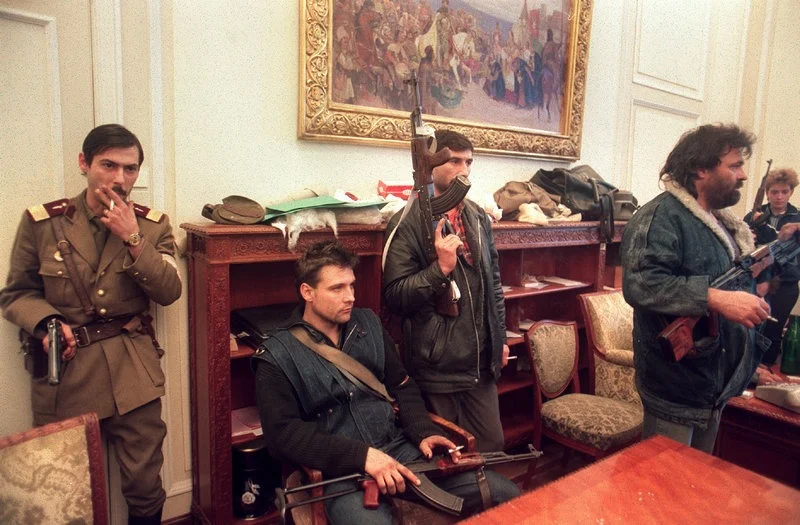African technocrats thrust into positions of political leadership are often too sure of their ideas to be good listeners or students of history. Every Zimbabwean, including Finance Minister Mthuli Ncube, and President Emmerson Mnangagwa, who on January 12 announced steep fuel price hikes as part of government’s “Austerity for Prosperity” plan need to familiarize themselves with Romanian dictator Nicolae Ceausescu.
During the 1980’s, Ceausescu instituted measures that were ostensibly meant to pay off Romania’s massive external debt. When he imposed a six-month ban on private driving, steep price increases for fuel, natural gas and electricity, Romanians mainly complied. As Zimbabweans, we will also comply today with the fuel price hikes, just as we are complying with the two percent tax imposed by the Finance Ministry. This acquiescence is partly because, like the Romanians before us, Zimbabweans are by and large afflicted with a crippling sense of self-doubt and a lack of faith in collective citizen action. We are equally frozen by our fear of the country’s violent security forces and military intelligence, known at home as the CIO, just as the Romanians under Ceausescu lived in fear of the ubiquitous securitate.
Ceausescu’s rise to power in 1965 was largely welcomed by the West because he exhibited so-called “reformist” tendencies and refused to participate in the 1968 Soviet invasion of Czechoslovakia. A well calculated campaign for the denuclearization of Europe in the 1970’s and 80s also resulted in highly complimentary articles that appeared in major newspapers like the Washington Post, and a book by Robert Govender that labeled Ceausescu a “statesman and fighter for detente, disarmament and peace.” Ironically, Govender’s book was published in January 1988, one year before the Romanian people decided they would no longer allow Ceausescu to treat them like lab rats as part of some backward social experiment, ultimately overthrowing him in disgrace in December.
Currently, in Zimbabwe, President Mnangagwa is set to depart on a five nation visit to Eastern Europe, and then on to Davos, where he will, once again, attempt to convince the world that he is a statesman and reformer because he is not as strident as Robert Mugabe in his criticism of the West, and because he has technocrats like Finance Minister Ncube on his team. Meanwhile at home, two heinous legislative instruments of repression – the Public Order and Security Act (POSA) and Access to Information and Protection of Privacy Act (AIPPA) – are still on the books. And despite lofty government rhetoric, no action has been taken against those who killed innocent demonstrators on August 1, 2018. Indeed, nothing much has changed in Zimbabwe. The security services are still empowered to act in the same brutal manner as they did under Mugabe and do so with impunity. What is more, despite repeated government promises, property rights have yet to be restored, and known corrupt government officials have not been prosecuted or removed from office.
Let’s be clear. The Zimbabwean military did not intervene in November 2017 to free our people from ZANU-PF tyranny. Their goal was not to make sure inspired and competent reformers would be at the helm of our country’s affairs, or to reverse the damage done by a plunderous Mugabe regime that most of our current leaders were key parts of. They intervened to put their own man in power and to protect their own interests.
Because of that, our struggle cannot be over. We should learn the hard lessons of world history and look beyond our narrow interests to put Zimbabwe first, finally and once and for all.
Dr. Noah Manyika is the President of Build Zimbabwe Alliance and Founder of the War on Poverty Trust. He was also a candidate for president in Zimbabwe’s 2018 election.
DISCLAIMER: The views expressed in this publication do not necessarily reflect the views of Vanguard Africa or the Vanguard Africa Foundation.

